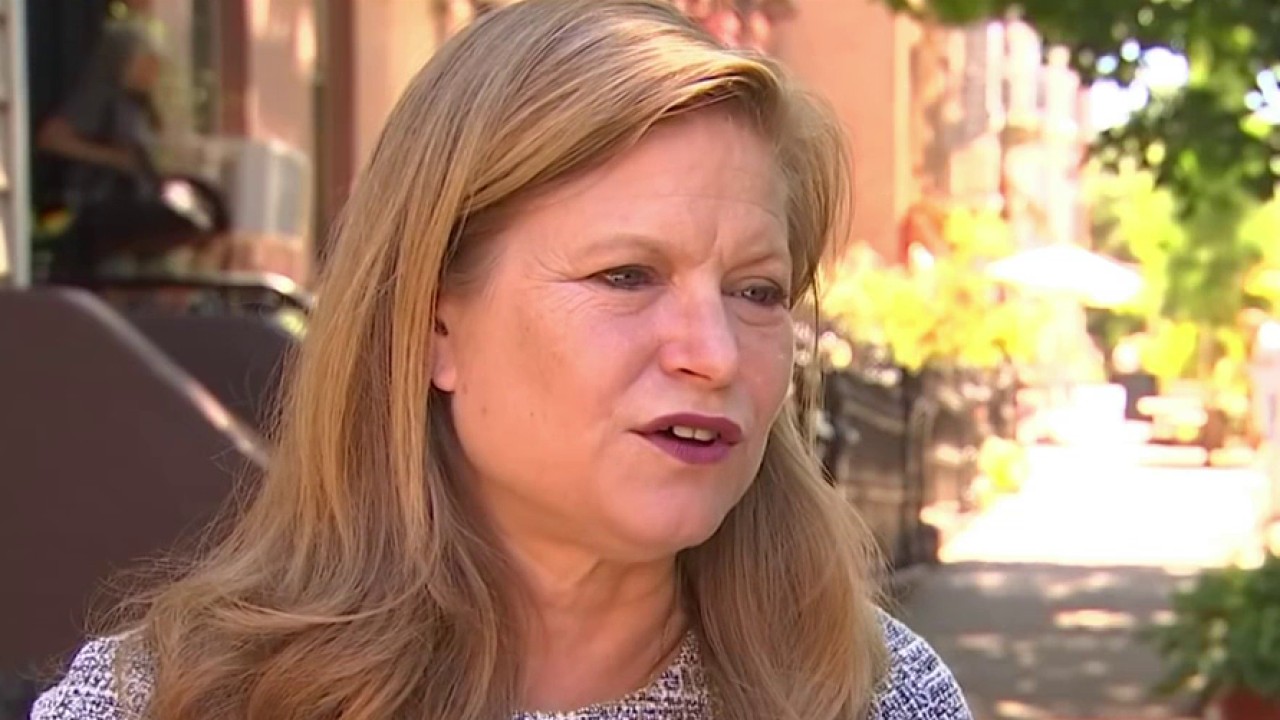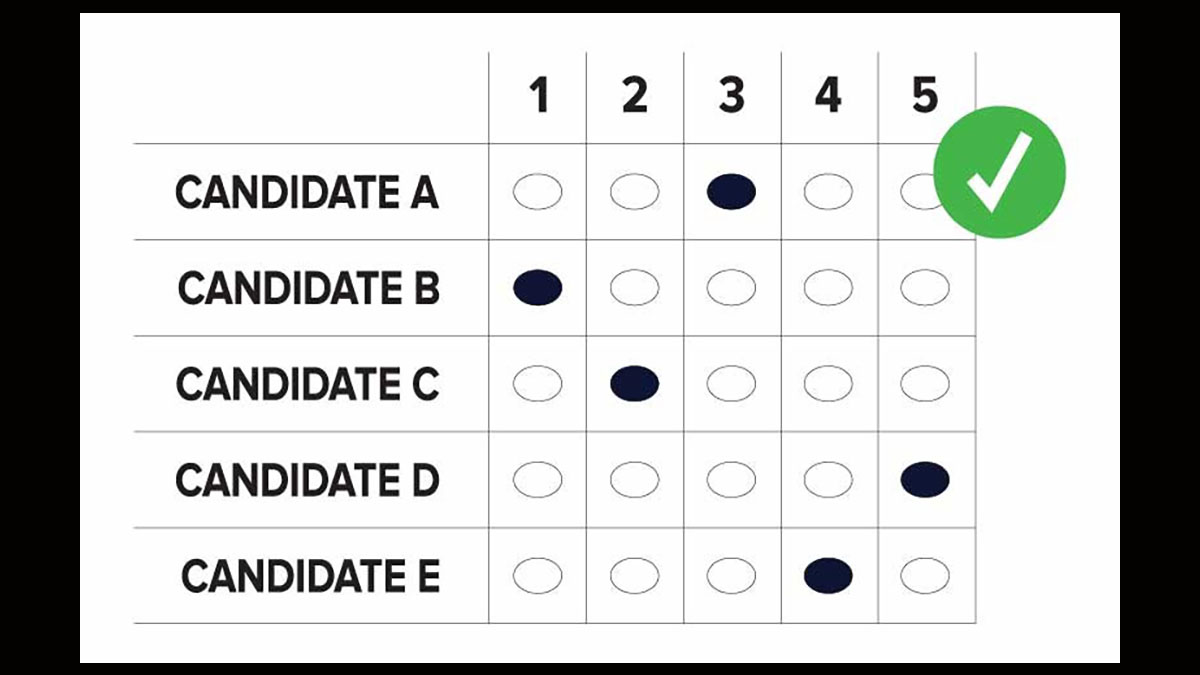What to Know
- After preliminary voting tabulations in the Democratic mayoral primary appeared to show Eric Adams with a slim lead over Kathryn Garcia after 11 rounds of ranked-choice voting, the city BOE stated that an error led to 135,000 test ballots to be counted my mistake
- The BOE said they have since cleared the system of the test ballots, and will re-upload and check primary night numbers before re-tabulating the results
- With or without the error, the race for the Democratic nomination would be far from over, as absentee ballots have yet to be counted, and more than 125,000 had been returned as of Tuesday
This is not how New York City wanted its first foray into ranked-choice voting to go.
Preliminary tabulations from the NYC Board of Elections on Tuesday showed Eric Adams crossing the 50 percent threshold in Round 11 of ranked-choice voting for the Democratic candidate for mayor — but by the end of the night, there were more questions than answers due to an error by the BOE.
Shortly after the initial numbers came out, Adams released a statement expressing skepticism in what he saw, questioning the BOE's total tally of votes as compared to what was announced on primary night.
Get Tri-state area news and weather forecasts to your inbox. Sign up for NBC New York newsletters.
"The vote total just released by the Board of Elections is 100,000-plus more than the total announced on election night, raising serious questions. We have asked the Board of Elections to explain such a massive increase and other irregularities before we comment on the Ranked Choice Voting projection," Adams said, adding that the campaign is "confident that Eric Adams will be the next mayor of New York."
The BOE said in a tweet that they were aware of "a discrepancy in the unofficial RCV round by round elimination report," and asking "the public, elected officials and candidates to have patience."
About two hours after that announcement was made, the BOE took down the preliminary results on their website, which instead stated that the unofficial results would be coming Wednesday. The site later only produced an error message.
Later in the evening, the Board of Elections released a statement clarifying where the discrepancy in numbers came from, saying it was a result of the election night results mistakenly being combined with test results that were done before primary day. The test ballots had not been cleared from the system before the first round of ranked-choice voting results was conducted, the BOE said, which meant an additional 135,000 test ballots had been counted as real ones.
"Board staff has removed all test ballot images from the system and will upload election night results, cross-referencing against election night reporting software for verification. The cast vote record will be re-generated and the RCV rounds will be re-tabulated," the BOE said, apologizing for the mix-up.
Adms responded by calling the mistake "unfortunate," emphasizing it is "critical that New Yorkers are confident in their electoral system, especially as we rank votes in a citywide election for the first time." He went on to commend the BOE for their transparency and for admitting their mistake.
Adams' opponents were not as forgiving in their assessments. Former city sanitation commissioner Kathryn Garcia said the error was "deeply troubling and requires a much more transparent and complete explanation." Civil rights attorney Maya Wiley said that the mistake was "the result of generations of failures that have gone unaddressed." She also said it was "impossible to be surprised" by the oversight, given the problems that arose with mail-in ballots during the June 2020 primary.
Before the results were taken down, Adams appeared to edge Garcia by just under 16,000 votes (Adams getting 51.1% of the vote to Garcia's 48.9%) in the calculations, which were never official or final.
When voting ended on June 22, Adams, a former police officer, had a lead of around 75,000 votes over civil rights lawyer Maya Wiley, with Garcia following close behind in third place. Former presidential candidate Andrew Yang conceded after the first results were released.
Those vote tallies, though, were highly incomplete. They only included a look at who voters put down as their first choice for the job. New York now allows voters to rank five candidates, in order of preference.
Vote tabulation is done in rounds. In each round, the candidate in last place is eliminated. Votes cast ranking that candidate first are then redistributed to those voters’ second choices.
That process repeats until there are only two candidates left, and the one with the most votes wins. Under that system, both Wiley and Garcia have a shot to overtake Adams if more voters put them down as their second, third, fourth or even fifth choice in the race.
In the initial results posted Tuesday, there were no significant changes in percentage in the vote for Adams, Wiley and Garcia through round nine, when candidates Dianne Morales, Shaun Donovan and Scott Stinger were eliminated.
In round 10, Andrew Yang was eliminated. After votes for him were redistributed between the three remaining candidates, Garcia received a sizeable boost — not surprising considering the candidates campaigned together in the final weekend before primary day. But while Garcia was able to take a slight lead over Wiley at that time, Adams still held about an 11-point lead.
After falling to third place, Wiley was eliminated in round 11, which is when Garcia saw her largest surge. Adams netted just over 44,000 more votes in that final round, but Garcia gained nearly 117,000 — signifying much better support among Wiley voters than Adams had. Even with the boost, Adams had enough votes to hit over 50 percent.
But all that comes with a crucial caveat: Those are the results before absentee ballots have been counted. Even before the BOE's "discrepancy," there was always a chance the unofficial results that were supposed to be released Tuesday could have changed considerably in coming weeks, with tens of thousands of those absentee ballots being counted.
More than 125,000 Democrats voted by absentee ballot in the primary, based on ballots received through Tuesday. The borough with the most absentee ballots returned was Manhattan with more than 40,000. Queens and Brooklyn weren't far behind, with about 37,000 and 33,000, respectively.
None of those ballots were included in the city's first pass at ranked choice analysis. Elections officials plan on conducting another round of ranked choice analysis on July 6 that includes absentee ballots.
The Democratic primary winner will be the prohibitive favorite in the general election against Curtis Sliwa, the Republican founder of the Guardian Angels.
Either Adams or Wiley would be the second Black mayor of New York City, and either Garcia or Wiley would be the first woman mayor.
Adams, 60, is a moderate Democrat who opposed the “defund the police” movement and said that under his leadership, the city could find a way to fight crime while also combating a legacy of racial injustice in policing.
He was previously a state senator before becoming Brooklyn's Borough President, a job in which he lacks lawmaking power, but handles some constituent services and discretionary city spending.
Wiley, 57, served as counsel to Mayor Bill de Blasio and previously chaired a civilian panel that investigates complaints of police misconduct.
A former legal analyst for MSNBC, she ran as a progressive who would cut $1 billion from the police budget and divert it to other city agencies.
Garcia, 51, is a city government veteran who ran as a nonideological crisis manager well-suited to guiding New York out of a once-in-a-century pandemic.
Garcia ran the department of sanitation from 2014 until leaving last September to explore a run for mayor. De Blasio also tapped Garcia to run an emergency food distribution program during the coronavirus pandemic after earlier appointing her interim chair of the city’s embattled public housing system.
She earlier served as chief operating officer of the city’s department of environmental protection, responsible for water and sewer systems.



